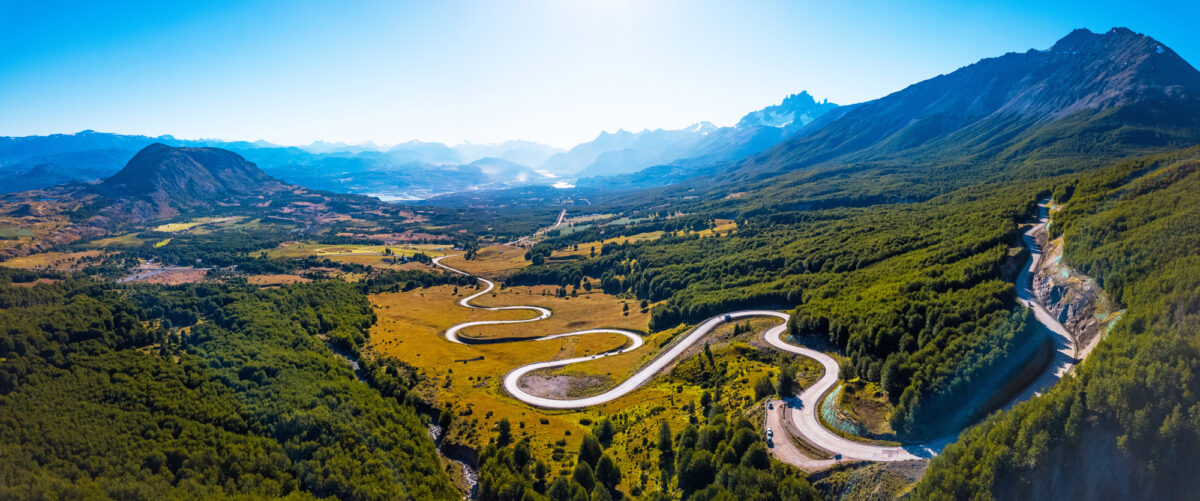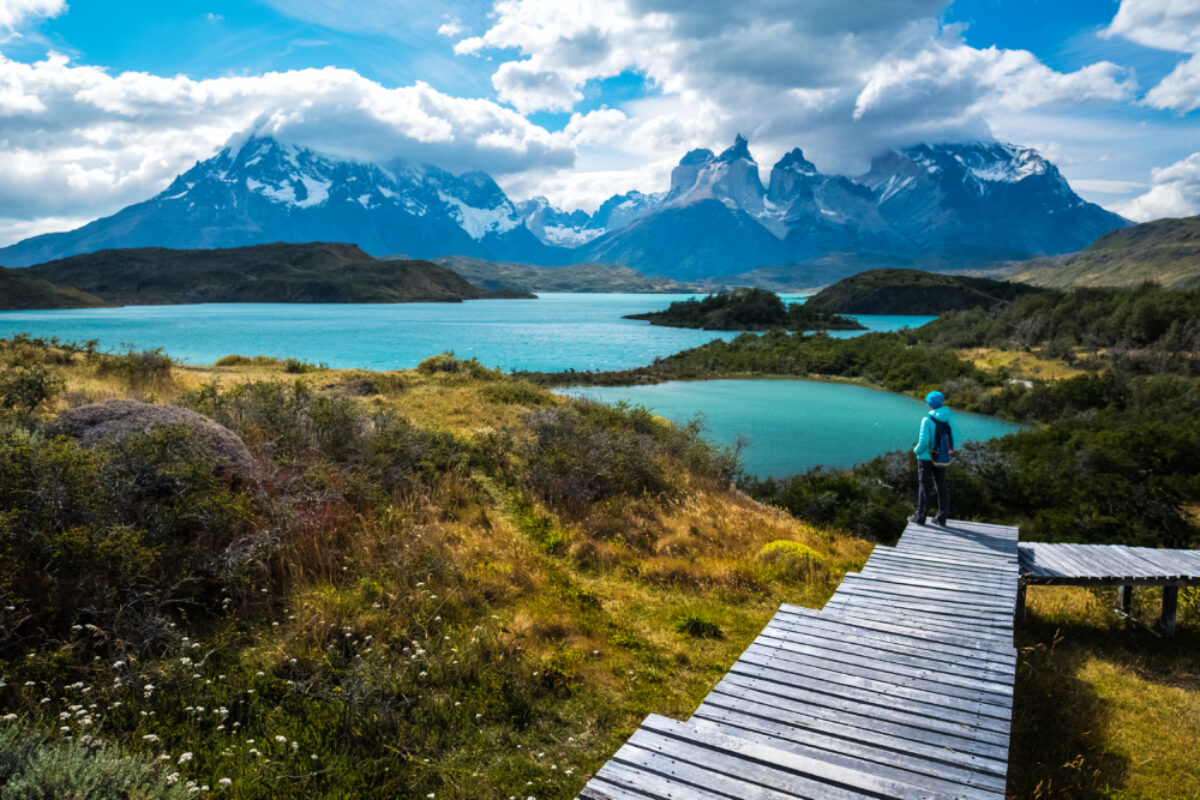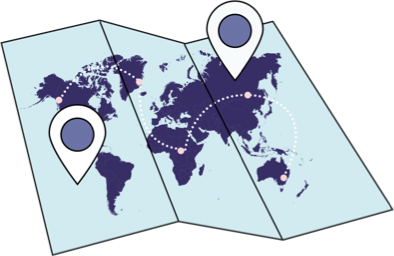Building Chile’s new 1,700 mile national park
The Route of Parks of Chilean Patagonia is a 1,700 mile (2,800km) scenic route spanning 17 National Parks between Puerto Montt and Cape Horn in Chile’s far south. The route connects the Carretera Austral — which winds its way along Chilean Patagonia — with the Patagonian Channels and the Ruta del Fin del Mundo (The End of the World Route), featuring many other highlights along the way.

The Route of Parks forms part of a new vision for conservation in Chilean Patagonia. Through tourism that safeguards the natural and cultural riches of this special place, this vision both protects nature and fosters the economic development of local Patagonian communities.
The new route comprises more than 90% of Chilean territory protected under the category of national park. It features more than 28 million acres of pristine ecosystems, home to species at risk of extinction, such as the ancient alerce (fitzroya) tree, the canquén colorado (ruddy-headed goose), the pudú deer, the huemul (south Andean deer), and the huillín (southern river otter), among others. The route’s pristine landscapes, diverse ecosystems, and local and endemic flora and fauna — combined with the rich history and cultural heritage maintained by the more than 60 local communities living in the region — make this destination truly one-of-a-kind.
We — and the Chilean government — want Chile to be known as a conservation destination, and we already have the official support of various public and private institutions, including Sernatur (the Chilean National Tourism Service) and Chile’s National Forest Service.
The communities along the Route of Parks have a big part to play in the development of the route. We want to build this new vision for Chilean Patagonia with them, inspiring local communities to value and protect their natural heritage, viewing it as a source of belonging and pride. Doing so will help conservation efforts too.

The purpose of conservation
We want to create a new vision about conservation, where national parks are engines to local economies. However, in Chile, as in many other countries, protected areas are exposed to many threats, such as long-term park funding, economic development and climate change, among others. We still face these threats, but we’re working with the government and other organisations to address some of these issues, to set a new global standard for conservation commitments.
To do this, Tompkins Conservation has helped to create 13 national parks, protecting 13 million acres of national parklands in collaboration with governments and partners in Chile and Argentina.
National parks are the oldest, most durable, and best loved way to permanently protect exceptional landscapes. They provide indispensable ecological, cultural and social value, from personal recreation and spiritual renewal to helping develop widespread public support for conservation. They highlight the best attributes a country has to show the world — outstanding beauty, wildlife habitat, recreational opportunities, and noteworthy cultural/archaeological sites. And beyond all these benefits, they are a fundamentally democratic institution — open to all, regardless of wealth or background.
We encourage the kind of tourism which is consequence of conservation, meaning good and responsible tourism. Route of Parks is a way to invite people to visit not only some of the most emblematic parks, but other, less known parks.




